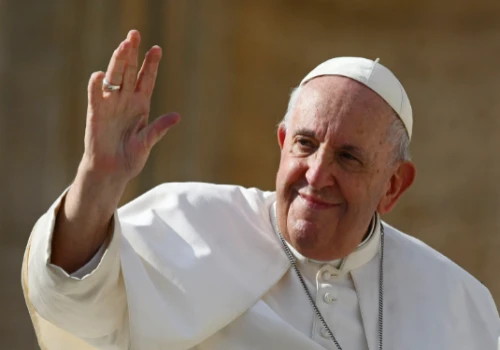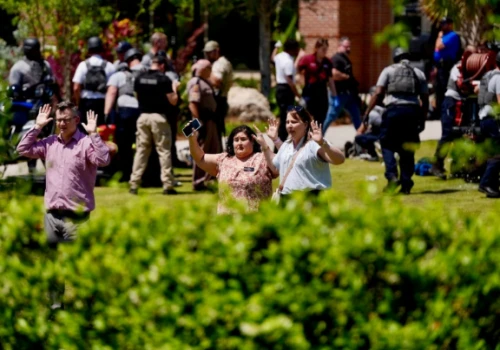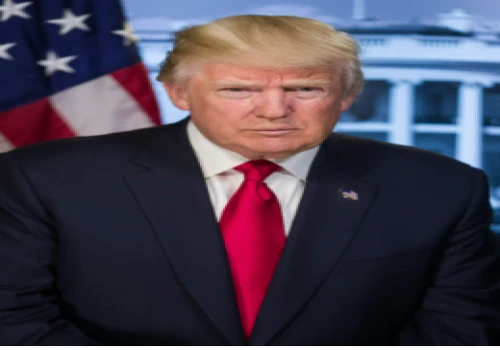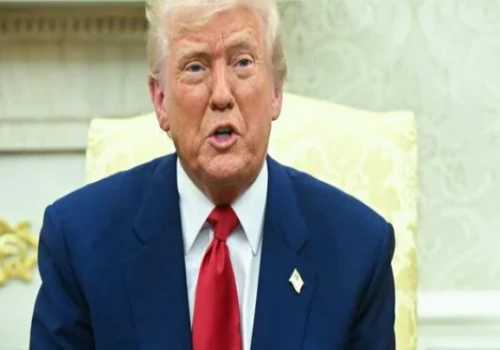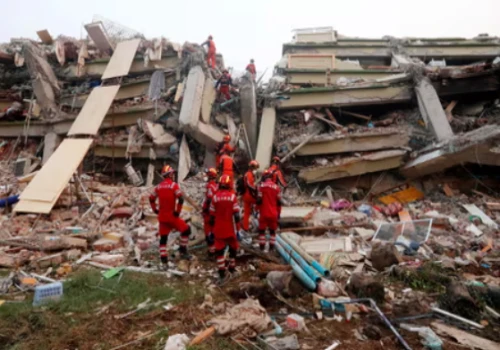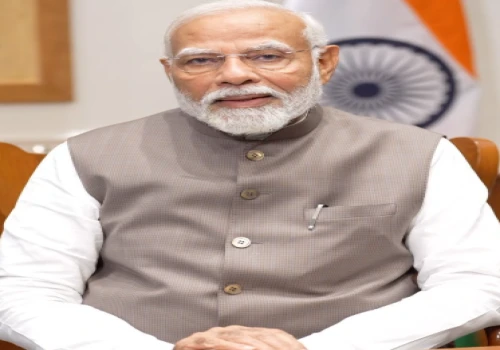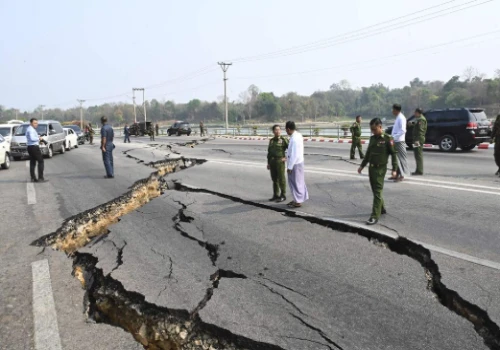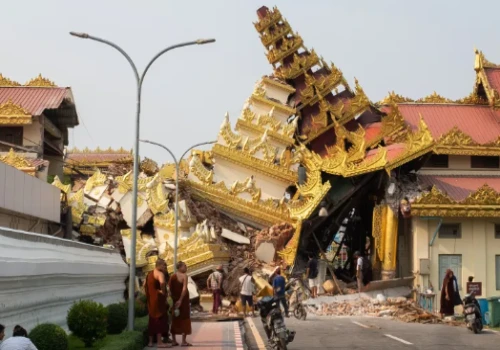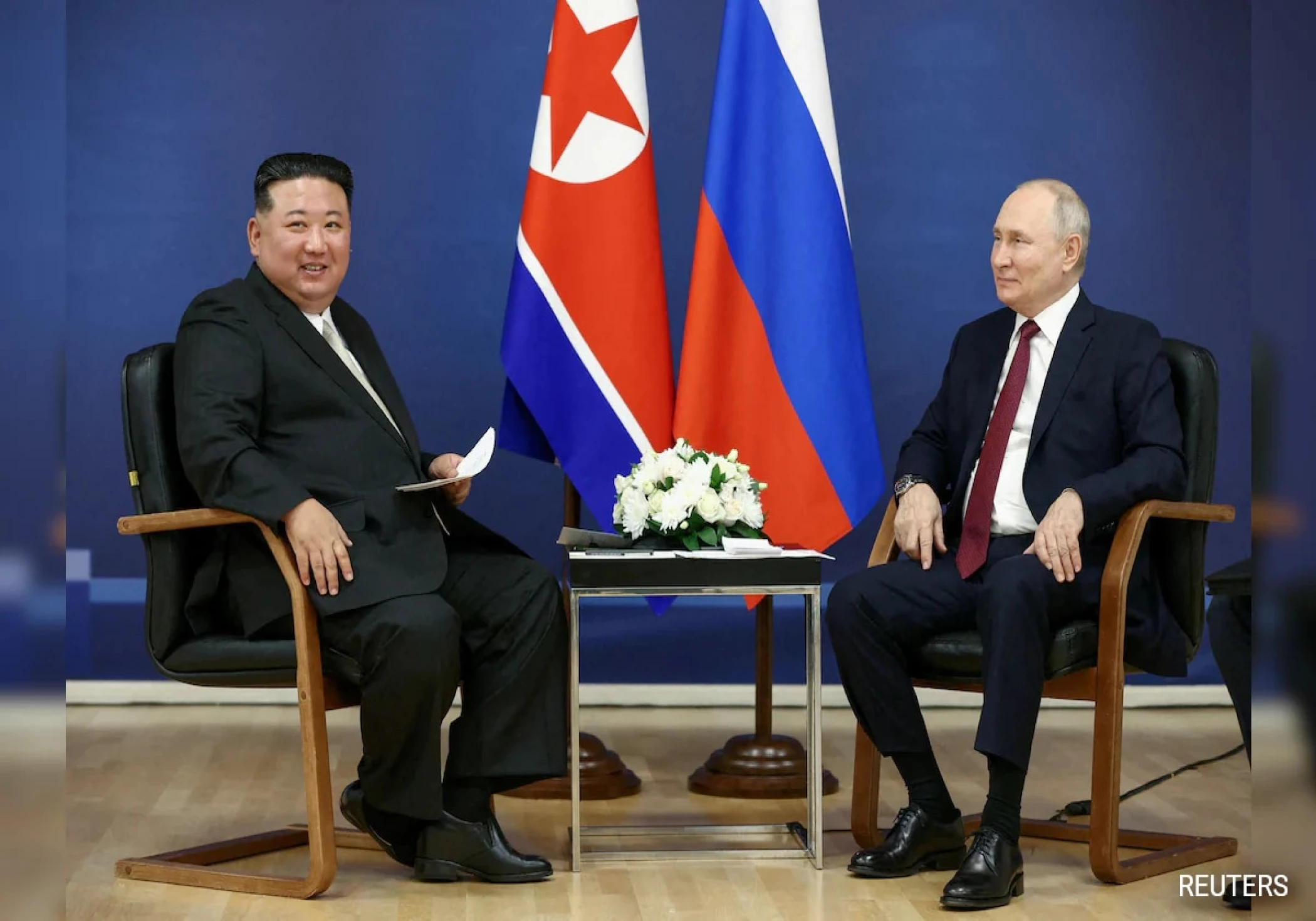
Thousands of Israelis Turn Out for Anti-Government Protest
In a dramatic display of public dissent, thousands of Israelis took to the streets this week to participate in a massive anti-government protest. The demonstrations, which spread across major cities including Tel Aviv and Jerusalem, reflect growing dissatisfaction with the current administration's policies and governance.
Widespread Discontent
Protesters voiced their concerns on a variety of issues, ranging from economic instability and rising living costs to controversial legal reforms and alleged corruption within the government. Many participants carried banners and chanted slogans calling for transparency, justice, and significant political change.
"We're here because we believe in a better future for our country," said one protester. "The current government has failed us in many ways, and it's time for a change."
Key Issues
One of the central issues driving the protests is the government's handling of economic policies. Critics argue that measures taken by the administration have disproportionately affected the middle and lower classes, exacerbating inequality and hardship.
"The cost of living is skyrocketing, and ordinary people are struggling to make ends meet," said another demonstrator. "We need leaders who prioritize the welfare of all citizens, not just the wealthy and powerful."
Political and Legal Concerns
In addition to economic grievances, the protests also highlighted opposition to recent legal reforms proposed by the government. These reforms, perceived by many as undermining the independence of the judiciary, have sparked widespread concern about the erosion of democratic norms and checks and balances.
"Protecting our democracy is crucial," said a protest organizer. "Any attempt to weaken the judiciary threatens the fundamental principles of our society."
Government Response
The government, led by Prime Minister Benjamin Netanyahu, has acknowledged the protests but maintains that its policies are necessary for the nation's long-term stability and growth. In a statement, Netanyahu called for dialogue and understanding, urging protesters to recognize the challenges faced by the administration.
"We hear the voices of the people and are committed to addressing their concerns," Netanyahu stated. "However, these changes are essential for the future of Israel."
International Attention
The scale of the protests has drawn international attention, with various global leaders and organizations expressing their views on the situation. Some have called for the Israeli government to engage in more inclusive and transparent policymaking, while others have voiced support for the demonstrators' right to peaceful protest.
Moving Forward
As the protests continue, the future of Israel's political landscape remains uncertain. The widespread public outcry demonstrates a significant level of discontent that the government will need to address to restore public trust and stability.
"The people have spoken, and their voices must be heard," said a political analyst. "The government faces a critical moment where it must choose between reform and maintaining the status quo."
Conclusion
The thousands of Israelis who turned out for the anti-government protest have made it clear that they demand substantial changes and accountability from their leaders. As the nation navigates this period of unrest, the path forward will likely require significant political dialogue and compromise to address the underlying issues fueling the dissent.


